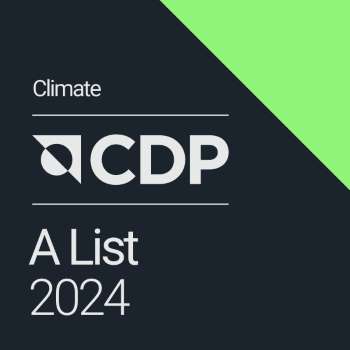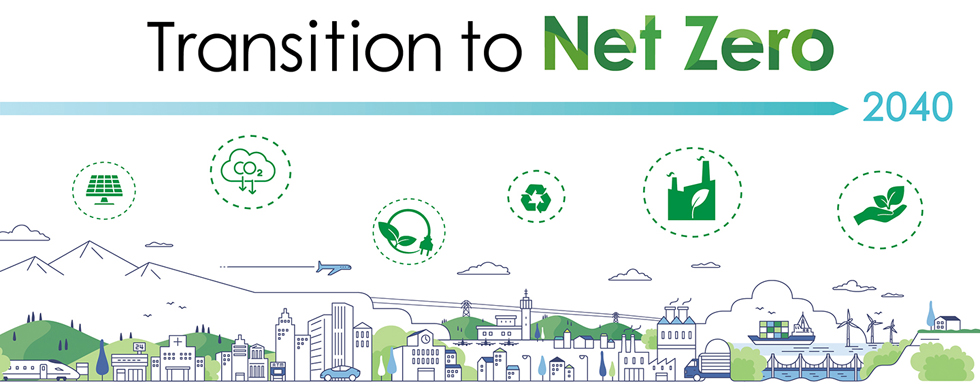CDP Climate Change A List

In February 2025, EIZO was recognized for the second consecutive year with the highest rating of "A" in the 2024 Climate Change Questionnaire evaluation conducted by the international environmental non-profit organization, CDP.
About CDP / Climate Change Questionnaire
CDP is an international not-for-profit organization that operates a global system for environmental information disclosure by businesses and local governments. The CDP Climate Change Questionnaire consists of over 100 questions covering areas such as climate change governance, business strategy, dependency, impact, risk, opportunity, and environmental performance. The scores from this questionnaire are widely used in investment and purchasing decision-making towards a sustainable society. CDP evaluates each company’s efforts to address climate change, including greenhouse gas (GHG) emissions reductions, and scores companies on an 8-point scale from "A" to "D-" with an "F" given to those with insufficient or no responses.
EIZO's Climate Change Initiatives
Guided by our corporate philosophy of “Through the pursuit of imaging solutions with advanced technologies, we enrich people in their professional and personal lives” we have engaged in sustainability-driven product development and business activities. CDP’s recognition reflects a comprehensive evaluation of our ongoing efforts.
Transition to Net Zero Plan and Efforts to Reduce GHG Emissions
In pursuit of achieving net-zero by 2040, we have developed our “Transition to Net Zero” plan and have disclosed pathways for reducing Scope 1, 2, and 3 emissions, along with action plans to achieve these goals. Specifically, in January 2024, we transitioned all production facilities in Japan to 100% renewable energy, actively advancing the early transition from fossil fuels as part of our continued push towards net-zero. In December 2024, we launched the “FlexScan FLT,” our flagship model, showcasing one of the key outcomes of our sustainability-driven development strategies. With this model, we achieved a reduction of approximately 32% in GHG emissions over the entire product lifecycle, compared to conventional models of the same size.

Supplier Engagement
99% of our GHG emissions are Scope 3, with 47% of Scope 3 emissions coming from Category 1 (purchased products and services). Therefore, it is crucial for us to focus on GHG reduction efforts in collaboration with our suppliers. We have identified “Supply Chain Management” as a key material issue (materiality) and are advancing engagement activities across our entire supply chain. Specific actions include conducting sustainability briefings for suppliers and actively working with key suppliers to develop low environmental impact, sustainable products.

Sustainability Management
We established a "Sustainability Committee" directly under the Board of Directors, responsible for formulating sustainability-related policies and goals, as well as monitoring progress. Regarding climate change, a "Climate Change Subcommittee" has been set up under the Sustainability Committee to assess and analyze risks and opportunities related to climate change and develop appropriate response measures.
Our Sustainability Management SystemAnalyze and Evaluate Climate-related Risks and Opportunities (TCFD Disclosure)
In 2021, we endorsed the Task Force on Climate-related Financial Disclosure (TCFD) recommendations and have been appropriately disclosing climate change-related information in line with the TCFD framework. Specifically, for climate change risks and opportunities, we analyze the financial impact on our company using two different economic scenarios, and based on this analysis, we evaluate potential response measures.

- * TCFD (the Task Force on Climate-related Financial Disclosures)
In response to a request from the G20, the Financial Stability Board (FSB) established the TCFD to examine climate-related disclosure and responses by financial institutions. TCFD encourages companies and other organizations to disclose their governance, strategy, risk management, indicators and targets with respect to climate change-related risks and opportunities.
